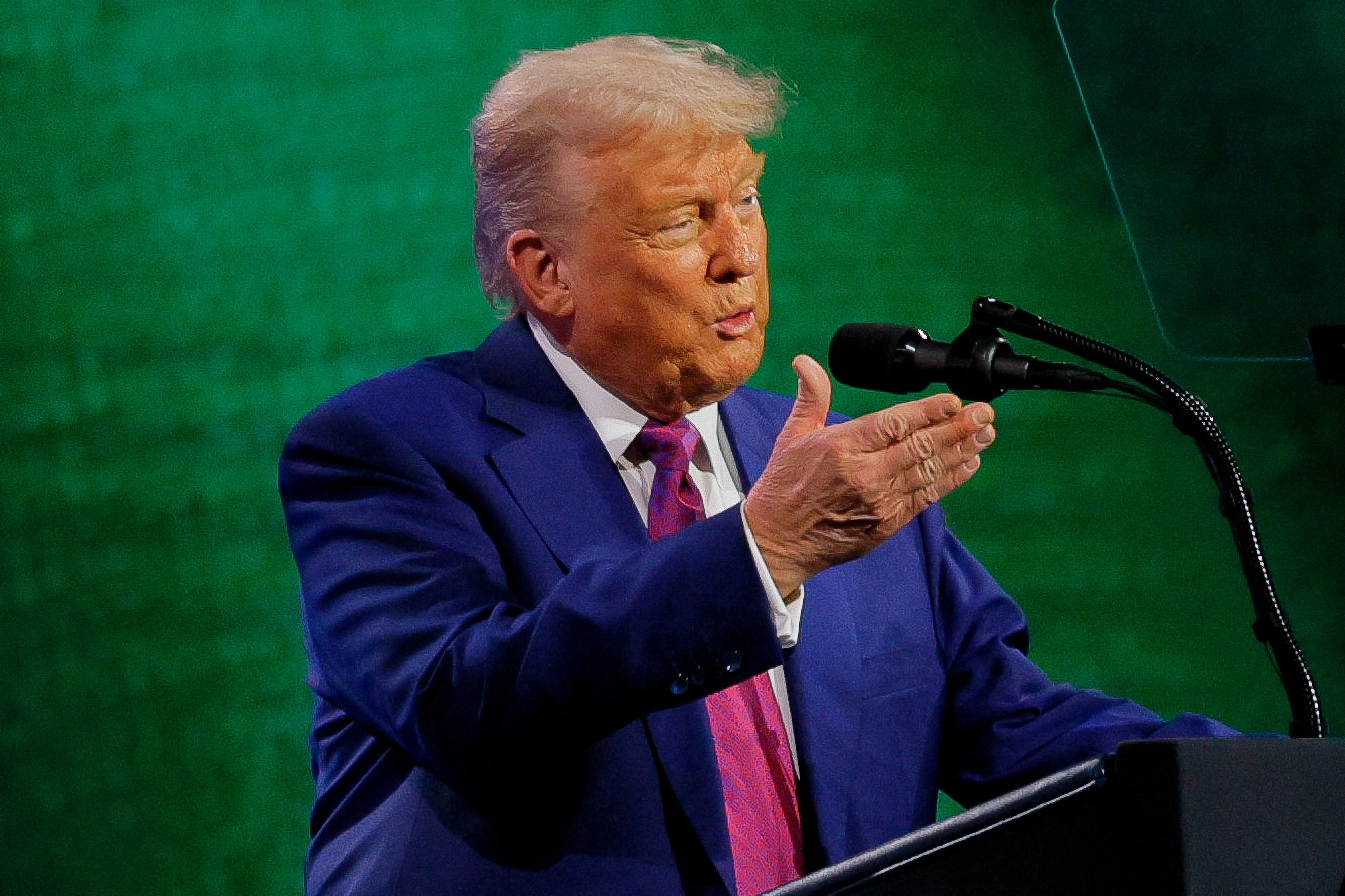Joseph Neumeyer has recently come under scrutiny as he has been accused of plotting an attack on a U.S. embassy in Israel. This alarming allegation brings to light concerns regarding national security and the potential threats posed to diplomatic missions abroad. Neumeyer, whose background and motivations remain largely unknown to the public, has raised questions about the factors that drive individuals to consider such extreme actions. The case has not only highlighted the ongoing risks faced by embassies and consulates, but it also underscores the importance of vigilance in safeguarding diplomatic personnel and facilities, particularly in volatile regions.
The investigation into Neumeyer’s alleged plot reveals a complex web of motivations and possible affiliations that may have influenced his actions. Law enforcement agencies are tasked with unraveling these connections to assess the threat level posed by this individual. Experts in counterterrorism emphasize the importance of understanding the psychological and ideological factors that can lead someone to resort to violence. By examining Neumeyer’s background and potential influences, authorities hope to prevent similar incidents in the future and reinforce the protective measures surrounding U.S. embassies worldwide.
As the situation unfolds, it is essential for the public and international community to remain informed about the implications of such threats. The safety of U.S. diplomatic personnel is paramount, and the potential for violence against embassies is a stark reminder of the challenges faced in international relations. Furthermore, this case raises broader questions about the state of global security and the ongoing efforts to combat extremism. As investigations continue, the case of Joseph Neumeyer serves as a critical example of the need for collaboration between nations to address and mitigate potential threats to peace and stability.




